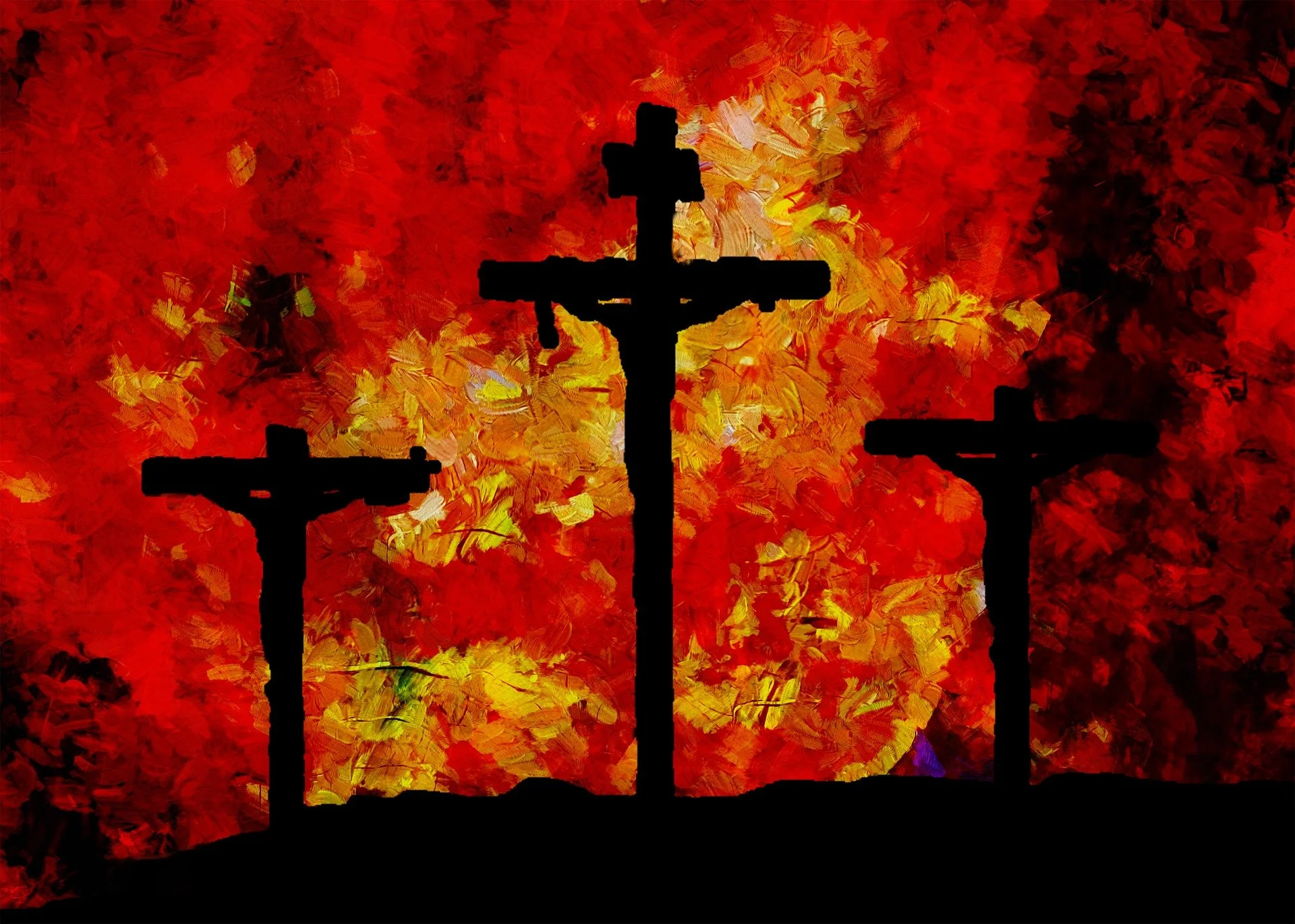Mulling it Over - Romans 8:12-13
This week’s Mulling it Over passage is going to continue to look at Romans chapter 8. The book of Romans is full of doctrine that relates specifically to our standing before God without Christ and with Christ. It deals, in detail, with the flesh versus the Spirit and how that plays out in our lives culminating either in the devastation and destruction of the one (flesh), or the fullness and life of the other (Spirit).
Image by Jeff Jacobs from Pixabay
Today I am only going to look at two verses.
“12 So then, brethren, we are under obligation, not to the flesh, to live according to the flesh—
13 for if you are living according to the flesh, you must die; but if by the Spirit you are putting to death the deeds of the body, you will live. ”
Verse 12 tells us, “…we are under obligation…” What does it mean to be under obligation? Being obligated means I have a duty or responsibility to someone or something. In this case Paul is telling us we have a responsibility “…not to the flesh, to live according to the flesh.” We are duty bound to not be living according to the flesh. That sounds pretty serious, doesn’t it? The next verse tells us why.
Verse 13 begins with a devastating statement. “For if you are living according to the flesh, you must die…” Whoa! Now wait a minute. How can we not be living according to the flesh? We are, after all, walking in our skin, or flesh. In a manner of speaking we are always living in the flesh.
Image by Andrew Martin from Pixabay
The idea of “living according to the flesh” isn’t speaking just of the physical, fleshly body we are stuck in while on this earth. Living according to the flesh, means that we are letting our flesh rule our lives. We are living for our desires, our passions, our lusts and our self. We want what we want, when we want it. If you are a Christ follower and think you no longer live according to the flesh, don’t fool yourself. We are in a constant state of dying at all times. Look at the rest of verse 13.
“…But if, by the Spirit you are putting to death the deeds of the the body, you will live.” The tense of the word “putting” means we are doing it on a regular basis. If it had been in the past, it would have said, “…if, by the Spirit you put to death…” This would have changed the meaning making it that we only had to put our flesh to death once.
Image by Gerd Altmann from Pixabay
Before you get discouraged let’s remember what Christ did on the cross. Verse 3 of Roman’s 8 reminds us that God sent his own Son to condemn sin in the flesh. Jesus was made flesh for us and then put to death for us. The moment we align ourselves with Christ we have His blood covering us and giving us the ability to die to sin, and flesh. We are dead, because of what sin has done, but alive because of what Christ has done.
How do we put this flesh to death on a regular basis? If you are like me, you might find yourself easily sliding into old habits like feeling sorry for yourself, thinking you are not enough, turning to food or purchasing items to make you feel better. These are all “fleshly” rather than “Spiritual” forms of coping. I am learning, to battle and put to death the flesh there are several things I need to do.
1 - Keep short accounts. Checking in with God regularly helps me to keep my mind and heart where it needs to be and keeps me from focusing on the flesh.
2 - Find some accountability. I have a good friend that I know I can text any time and she will pray for and with me. I also have a group of women I meet with virtually once a week for a Bible study, that I know I could check in with any one of them if I am struggling with my flesh.
3 - Memorize God’s word. This is one I don’t do nearly enough, in fact hardly at all, and of that I am ashamed. God’s word is our sword, and if you want a quick way to put your flesh to death, the sword of the Spirit is it.
4 - Pray without ceasing. You all know this from 1 Thessalonians 5:17, but we need to make it a reality in our lives. Praying doesn’t have to be an on your knees posture. It isn’t about physical posture, but heart posture, although, getting on my knees or even flat on my face on the floor does wonders for my prayer life and for my dying to the flesh.
Image by bangindsoft from Pixabay
5 - My sister-in-law gave me some great advice, which she had gotten from a book she was reading, take life 24 hours at a time. When you wake up in the morning, before you even get out of bed, dedicate the next 24 hour period to God, submitting to His divine appointments. Sometimes, life just doesn’t go as planned, but when we begin to see that each 24 hour day is a gift from Him, even the bad stuff can be used for our growth and His glory. This is Spirit living, not flesh living.
Believe me ladies when I say, I am struggling right now to live in the Spirit rather than the flesh, but even taking the time to mull over these two verses has brought me back to His center, and that is the only way we can really live.
Next month we will delve deeper into Romans 8.



























